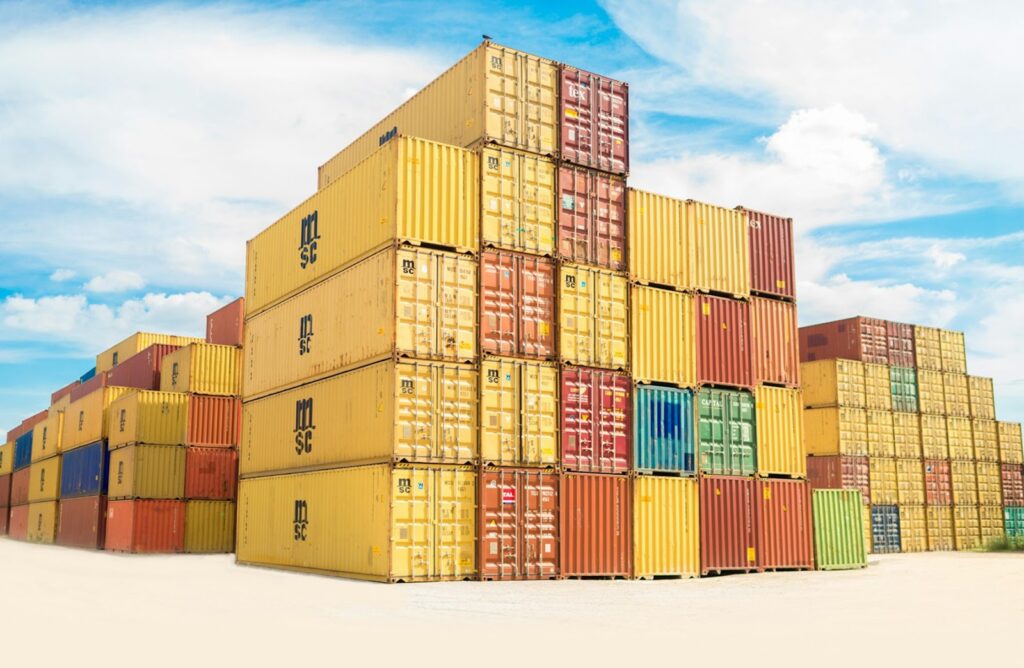
Importing goods can be a lucrative business venture, providing access to a broader market and a diverse range of products. However, navigating the complexities of international trade requires careful consideration and planning. Whether you’re a seasoned importer or just starting out, understanding the key factors involved in importing goods is crucial for success. In this article, we will explore the most important things you need to consider when importing goods.
Customs Duties and Taxes
Understanding the customs duties and taxes applicable to your imported goods is essential for budgeting and pricing. These charges can significantly impact your profit margins. Consult with customs authorities or seek professional advice to determine the exact duties and taxes applicable to your products. Consider any preferential trade agreements or exemptions that may apply to reduce costs. Whether it’s a Canada customs broker or a logistics company, partnering with experts can help you navigate the complicated world of customs duties and taxes. It is also important to factor in any potential currency fluctuations that may impact the final cost of your goods.
Research and Compliance
Before diving into the importation process, thorough research is essential. Understand the rules and regulations of both the exporting and importing countries. This includes tariff rates, trade restrictions, and any specific requirements for the products you intend to import. Compliance with international trade laws is paramount, and staying updated on changes in regulations is crucial to avoid legal complications.
Quality Standards and Certification
Ensuring that the goods meet the quality standards of your target market is vital. Different countries may have varying certification requirements for specific products. Conduct a comprehensive quality check and obtain the necessary certifications to demonstrate compliance with local regulations. This not only ensures the safety and satisfaction of your customers but also helps in building a trustworthy brand.
Logistics and Transportation
Efficient logistics and transportation are critical elements in the importation process. Evaluate different shipping options, considering factors such as cost, transit time, and reliability. Choose between air, sea, or land transport based on the nature of your goods and your budget. Additionally, factor in customs clearance and documentation processes to avoid delays and unexpected expenses.
Currency Exchange and Payment Terms
Fluctuations in currency exchange rates can impact the cost of imported goods. Stay informed about currency trends and consider using hedging strategies to minimize risks. Establish clear payment terms with your suppliers, taking into account factors such as down payments, letters of credit, and the timing of payments. Well-defined payment terms contribute to a transparent and smooth transaction process.
Supplier Evaluation and Relationships
Choosing the right suppliers is crucial for the success of your importation venture. Evaluate potential suppliers based on their reputation, reliability, and production capacity. Establish strong and transparent relationships with your suppliers to ensure effective communication and collaboration. Regularly assess the performance of your suppliers and be prepared to adapt if issues arise.
Market Demand and Competition
Conduct a thorough market analysis to understand the demand for your products in the target market. Identify potential competitors and differentiate your offerings. Stay abreast of market trends and consumer preferences to make informed decisions about your product range and pricing strategy.
Importing goods offers numerous opportunities for business growth, but success in international trade requires careful consideration of various factors. By conducting thorough research, ensuring compliance, managing logistics effectively, understanding financial implications, and fostering strong relationships with suppliers, you can navigate the complexities of importing goods and build a successful and sustainable business. Stay informed, adapt to changes, and approach the importation process with a strategic mindset for long-term success in the global marketplace.









